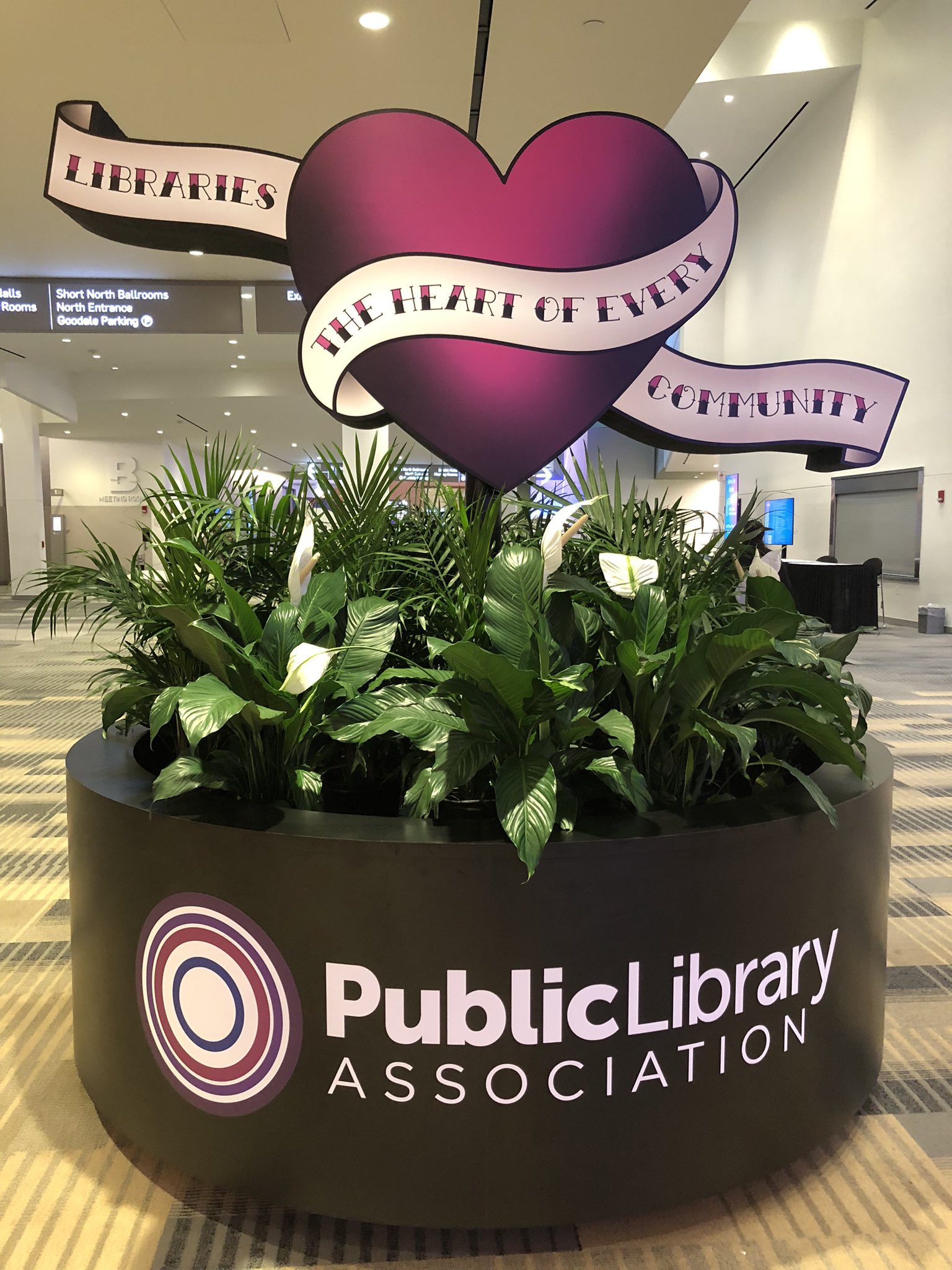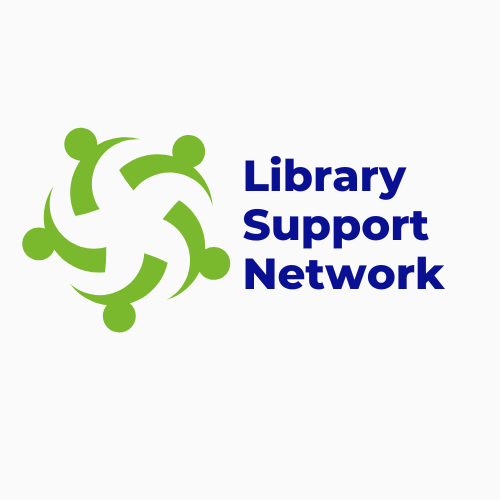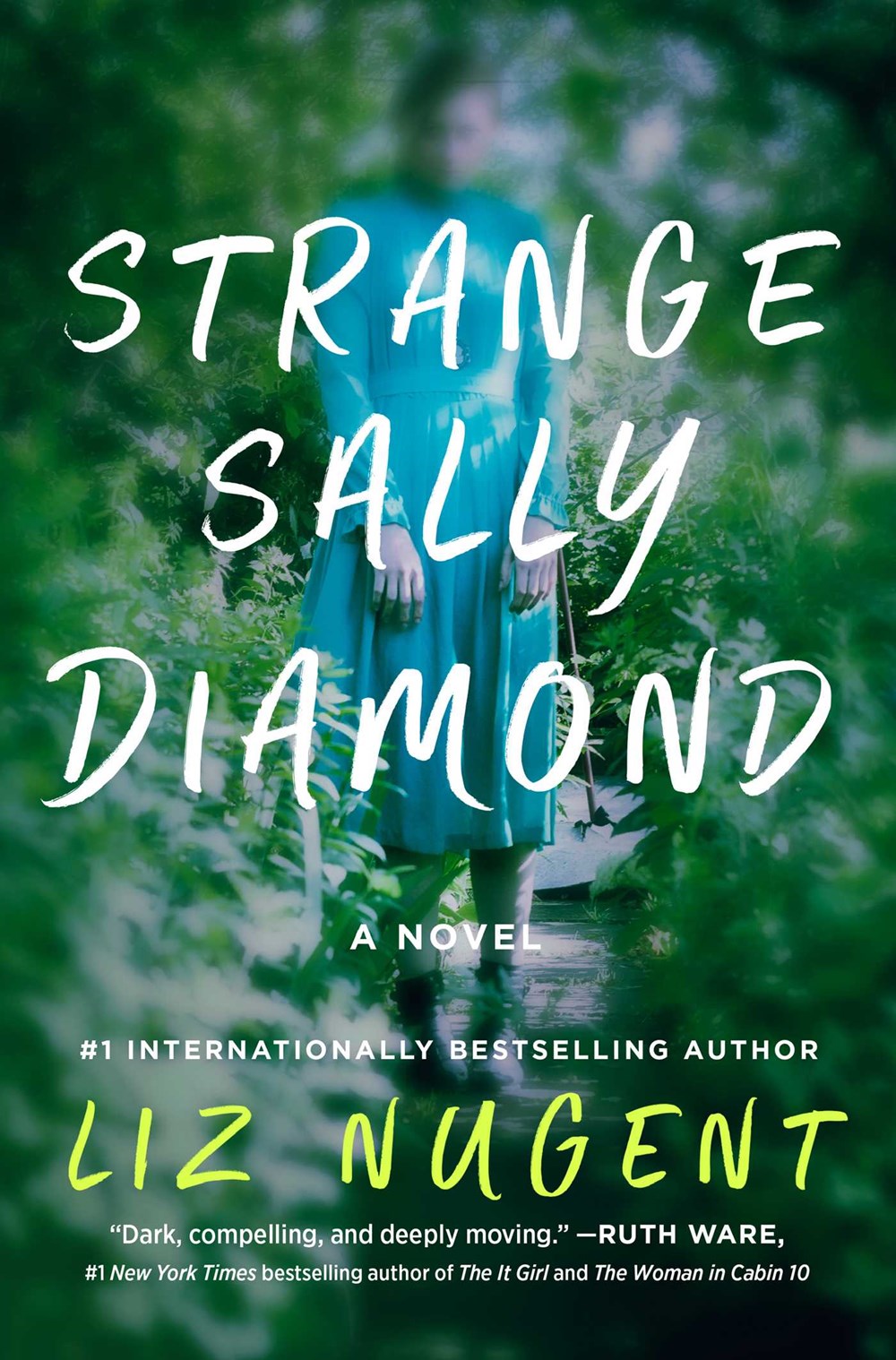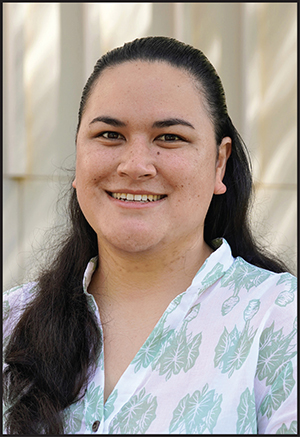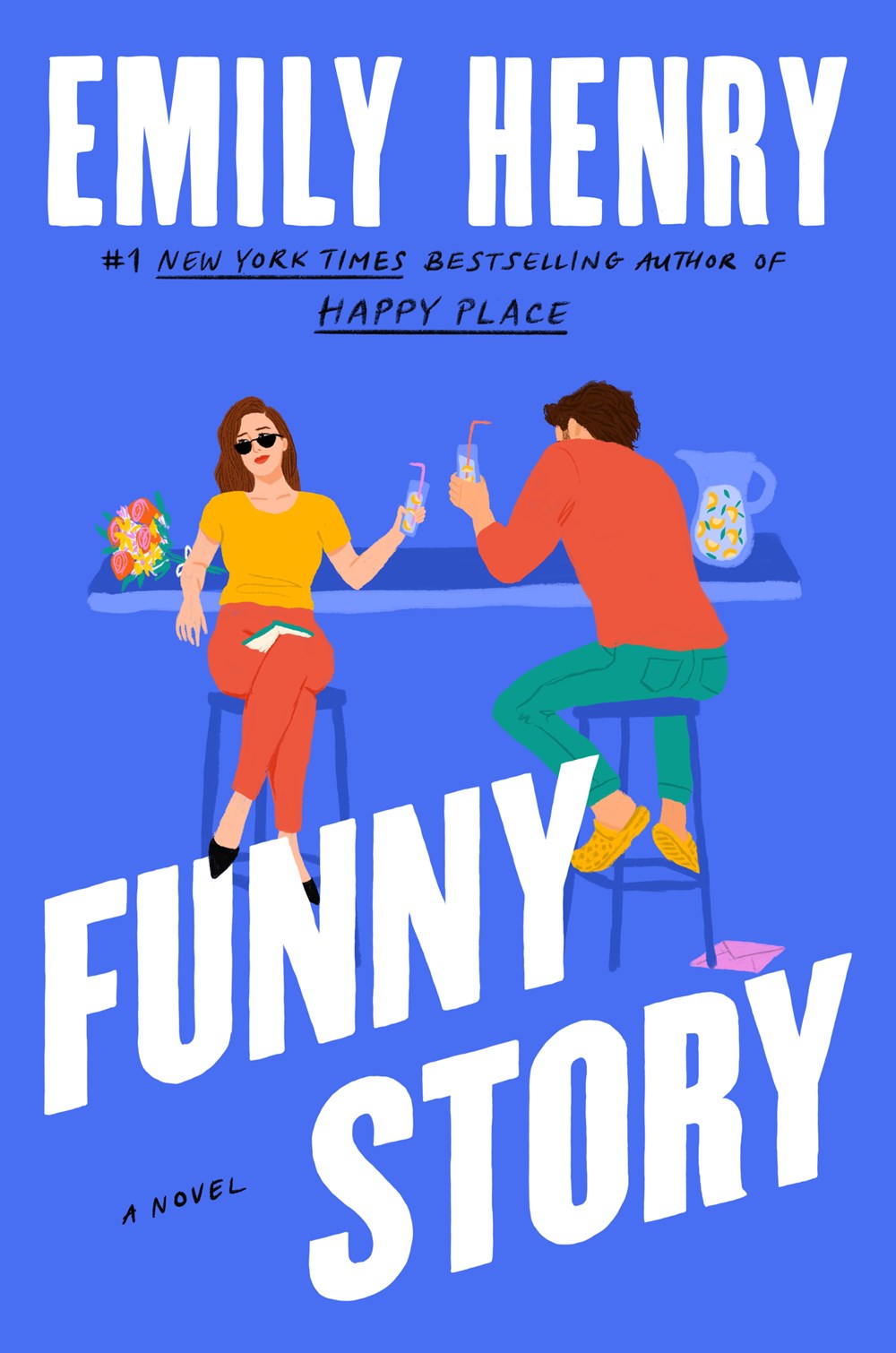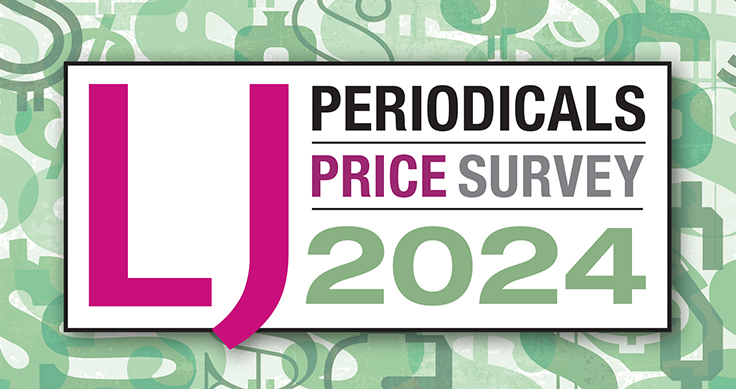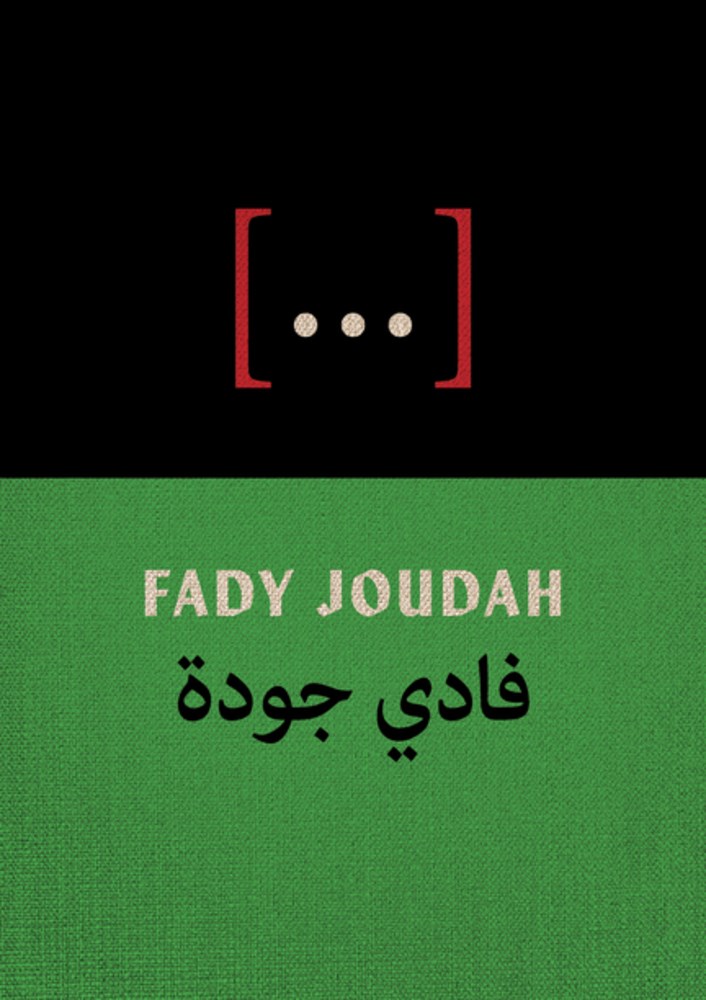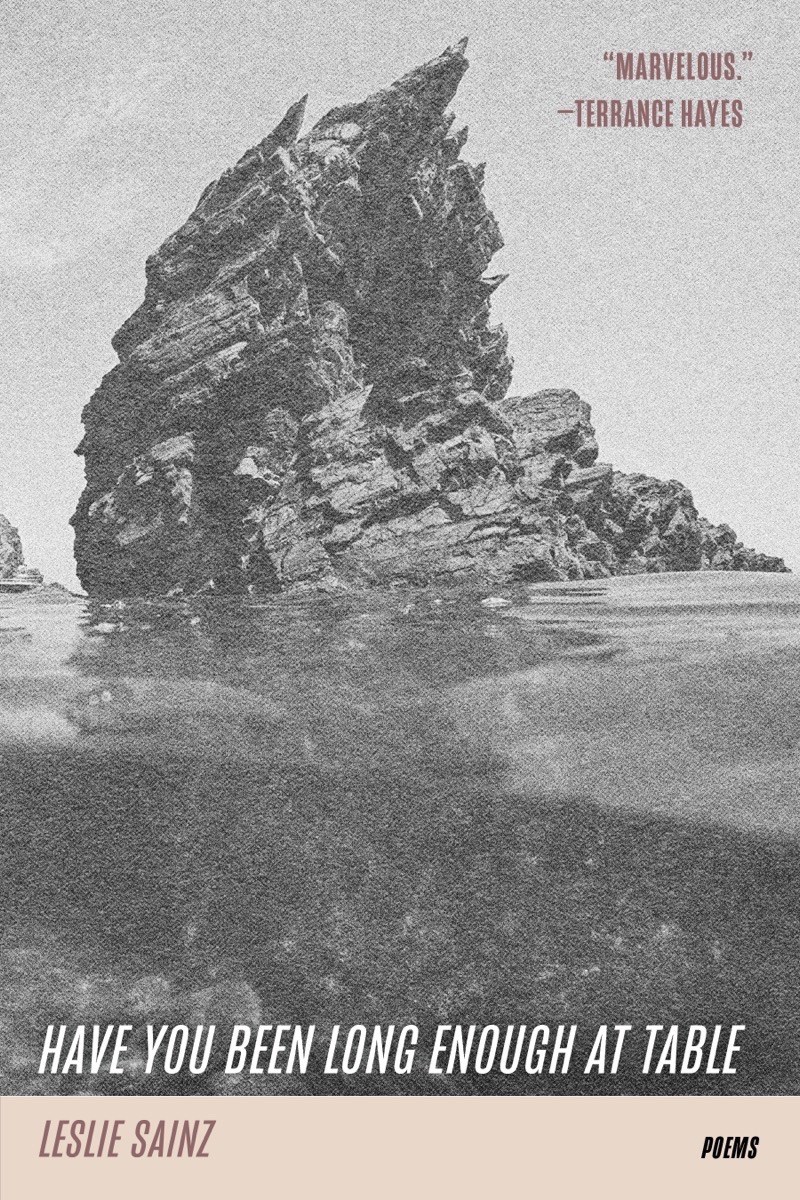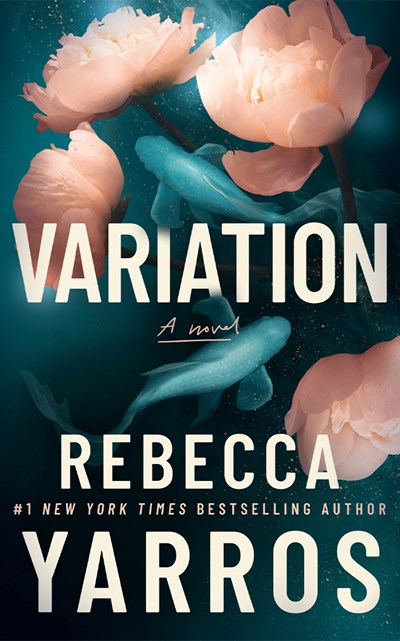News
ALL NEWS COVERAGE
The longlist for the Theakston Old Peculier Crime Novel of the Year is revealed. Oakland, CA, poet laureate Ayodele Nzinga receives a Rainin Arts Fellowship. Abrams ComicArts is launching a new adult-geared manga imprint, Kana. Caroline Peckham and Susanne Valenti will rerelease their BookTok-beloved self-published “Zodiac Academy” romantasy series under their new publishing company Dark Ink. Plus interviews with Robinne Lee and Salman Rushdie and new title best sellers.
PEN America announces two award winners: Javier Fuentes’s Countries of Origin for debut novel and The Blue House: Collected Works of Tomas Tranströmer, tr. by Patty Crane, for poetry in translation. The Women’s Prize for Fiction shortlist is announced, featuring books by Anne Enright, V.V. Ganeshananthan, Kate Grenville, Isabella Hammad, Claire Kilroy, and Aube Rey. NYPL’s Dorothy and Lewis B. Cullman Center for Scholars and Writers selects its class of 2024–25 fellows. A climate fiction prize will launch at Hay Festival on June 2. The U.S. Senate passes the TikTok bill, setting up legal and First Amendment challenges. Plus, LibraryReads and LJ offer read-alikes for Funny Story by Emily Henry, the top holds title of the week.
PEN America cancels its 2024 literary awards ceremony, originally set for April 29, due to controversy over its stance on the war in Gaza. The LA Times Book Prizes are announced. Yoko Ono is honored with the MacDowell Medal. The 2024 Age Book of the Year Award shortlists are announced. Actor Josh Brolin announces a new memoir, From Under the Truck, which arrives in November. Helen Mirren, Pierce Brosnan, and Ben Kingsley will star in the film adaptation of Richard Osman’s The Thursday Murder Club. Plus, Yaa Gyasi’s Transcendent Kingdom will be adapted for film.
Shavonn Matsuda, head librarian at the University of Hawai‘i Maui College Library, was named a 2023 Library Journal Mover & Shaker for her efforts to incorporate traditional Hawaiian languages and cultures into the academic library and cataloging system to guide Hawaiian scholars and community members more efficiently and robustly. LJ recently followed up with her to learn more about her work.
Funny Story by Emily Henry leads holds this week. Also getting buzz are titles by Sally Hepworth, Elly Griffiths, Douglas Preston, and Nancy Thayer. People’s book of the week is Real Americans by Rachel Khong. Winners of the O. Henry Prize for Short Fiction are announced, as are the CWA Dagger longlists. Kevin Kwan’s Crazy Rich Asians is headed to Broadway as a musical. And philosopher Daniel C. Dennett has died at the age of 82.
Many librarians lauded the development of Open Access (OA) publishing models, which offered, at least initially, to help solve the problem of an unsustainable and inequitable scholarly communications ecosystem while simultaneously addressing a growing interest in diversity, equity, and inclusion (DEI). In the past year, the idea that, with appropriate guardrails, Artificial Intelligence (AI) can also play a role in changing scholarly communications has risen to the fore. But can OA, DEI, and AI ever live up to their promise of an affordable, equitable and sustainable publishing ecosystem?
Fady Joudah, author of the collection […], wins the Jackson Poetry Prize for American poets. Winners of the Tolkien Society Awards are announced. Finalists are also announced for NYPL’s Young Lions Fiction Award and the Jhalak Awards. Nominees for the CrimeFest Awards are out. Actor Viola Davis and her husband are launching a publishing company to champion underrepresented voices. Facing criticism for its response to the war in Gaza, PEN announces plans to review the organization’s work going back a decade.
Winners are announced for the Publishing Triangle Awards for LGBTQIA+ books. Of Cattle and Men by Ana Paula Maia, tr. by Zoë Perry, wins the UK Republic of Consciousness Prize for small press books. The shortlist for the Donner Prize, recognizing the best public policy book by a Canadian, is announced. There’s more reporting on the turmoil surrounding the PEN Awards. Plus new title bestsellers and interviews with Marjane Satrapi and Emily Henry.
Rebecca Yarros will publish a stand-alone novel, Variation, in October. Kemi Ashing-Giwa wins the Compton Crook Award for The Splinter in the Sky. Oren Kessler wins the Sami Rohr Prize for Jewish Literature for Palestine 1936: The Great Revolt and the Roots of the Middle East Conflict. The Commonwealth Short Story Prize shortlist is announced. The May LibraryReads list arrives, featuring top pick The Last Murder at the End of the World by Stuart Turton. LibraryReads and LJ offer read-alikes for A Calamity of Souls by David Baldacci. Mick Herron’s Down Cemetery Road and Don Winslow’s City on Fire are slated for adaptations.
ALREADY A SUBSCRIBER? LOG IN
We are currently offering this content for free. Sign up now to activate your personal profile, where you can save articles for future viewing
